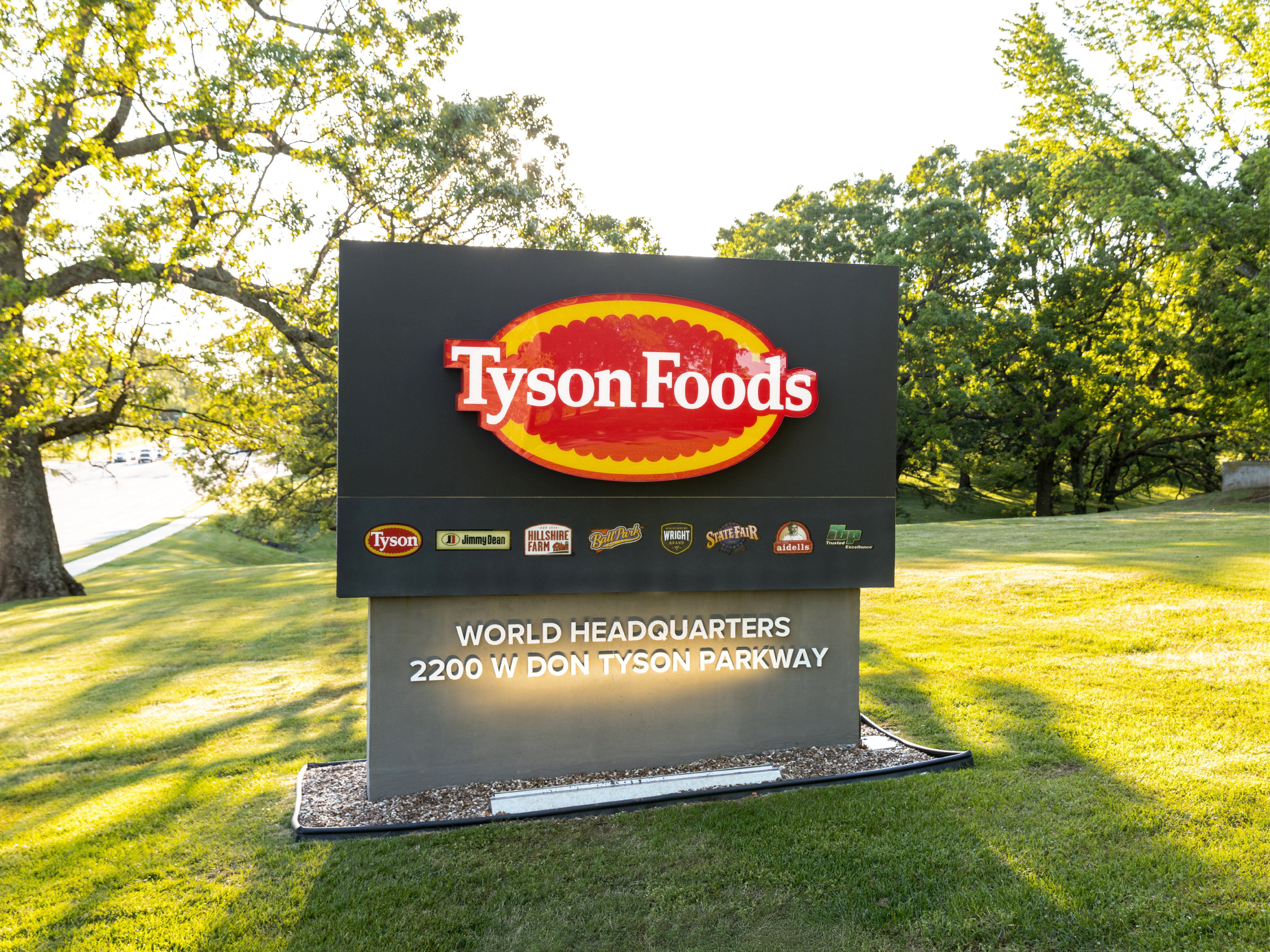5 lessons from Tyson Foods’ PBM transformation.

In 2023, Tyson Foods realized their pharmacy benefits strategy was no longer sustainable for their workforce of more than 120,000 employees. Costs were rising quickly, and their big 3 PBM offered little transparency, limited data, and no real strategy for improvement. Tyson Foods made a bold move and became the first Fortune 100 company to break away from the big 3 PBMs and partner with Rightway.
In just one year, they reduced pharmacy costs by 13.5%, saving $17.3 million, while also improving the benefits experience for employees nationwide.
Many employers are hesitant to switch PBMs, concerned about disruption, complexity, or the risk of change. Tyson Foods' experience shows what’s possible with the right partner. Here are five key lessons employers can take from their PBM transformation.
1. PBM transparency is non-negotiable.
Tyson Foods struggled to get clear answers from their previous PBM. They couldn’t see what drugs actually cost, how much was being paid in rebates, or why spending kept increasing. Like many employers, they were operating without the data needed to make informed decisions.
Rightway changed that. Tyson Foods gained full visibility into drug-level costs, high-cost claim drivers, and real-time financial reporting. With that insight, they were able to identify waste, implement cost containment strategies, and drive meaningful savings.
Takeaway: If your PBM hides spread pricing, retains rebates, or limits your access to data, they’re not aligned with your goals. True transparency and visibility is essential for controlling costs and protecting your bottom line.
2. A better employee experience = better health outcomes.
Tyson Foods’ workforce is highly diverse, with many employees living in rural areas with limited healthcare access and 62 languages spoken across the organization. Their old PBM offered generic support, often inaccessible to many team members.
Rightway delivered tailored, multilingual outreach and personalized support via phone, app, or email. Rightway pharmacists helped employees find lower-cost options, stay adherent to medications, and avoid unnecessary costs.
Takeaway: When employees are confused or unsupported, they miss refills, abandon medications, and drive up long-term costs. An exceptional member experience with pharmacy navigation is crucial for better health and lower spend.
3. Smooth PBM implementations are possible.
Changing PBMs can feel risky, especially when other major benefit changes are happening at the same time. Tyson Foods was already navigating a new medical carrier and consultant shift when they decided to switch PBMs, but the transition to Rightway was seamless.
Rightway took full control of the implementation. They coordinated with Tyson Foods’ existing and new partners, handled employee communications, and ensured systems were integrated without disruption. This let Tyson Foods’ HR and benefits teams stay focused on other priorities without added stress.
The takeaway: A PBM transition doesn’t have to be painful. With the right partner, even a complex switch can happen smoothly and with minimal disruption to your team or your employees.
4. Innovation cuts costs without compromising care.
Specialty pharmacy and GLP-1 therapies were expected to continue driving up costs for Tyson Foods. They turned to Rightway for proactive, clinical strategies.
Together, they rolled out targeted solutions like transitioning members from Humira to lower-cost biosimilars, tightening GLP-1 use through clinical oversight, and moving continuous glucose monitors to the pharmacy benefit to improve access and coordination. These changes saved millions without disrupting care or lowering quality.
Takeaway: Controlling pharmacy costs doesn’t mean cutting corners. With the right partner, innovation can reduce spend and deliver better outcomes for employees.
5. Aligned incentives unlock real savings.
Traditional big 3 PBMs profit when your costs rise. They use spread pricing, retain rebates, and push members toward their own high-cost pharmacies.
With Rightway, Tyson moved to a transparent, pass-through model. There were no hidden markups, no retained rebates, and no ownership of the supply chain. This eliminated conflicts of interest and gave employees the freedom to use cost-effective options like Cost Plus Drugs or retail pharmacies.
Takeaway: To achieve real savings, your PBM’s incentives need to match your goals. An aligned PBM model built on transparency and neutrality helps ensure every dollar spent is working for both the employer and the member.
For employers questioning whether change is worth the risk, Tyson Foods’ PBM transformation proves that it is. Their experience shows that with Rightway, you can lower costs and deliver best-in-class pharmacy benefits to your team.
Read the full case study here.







